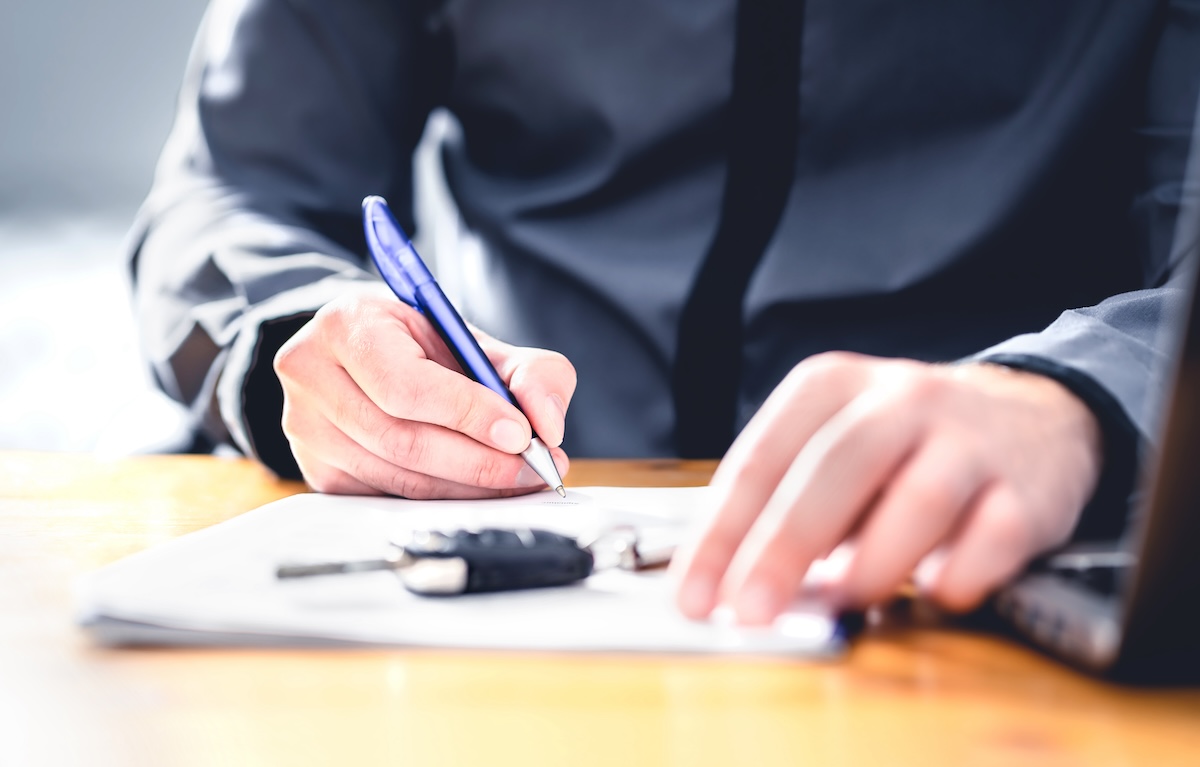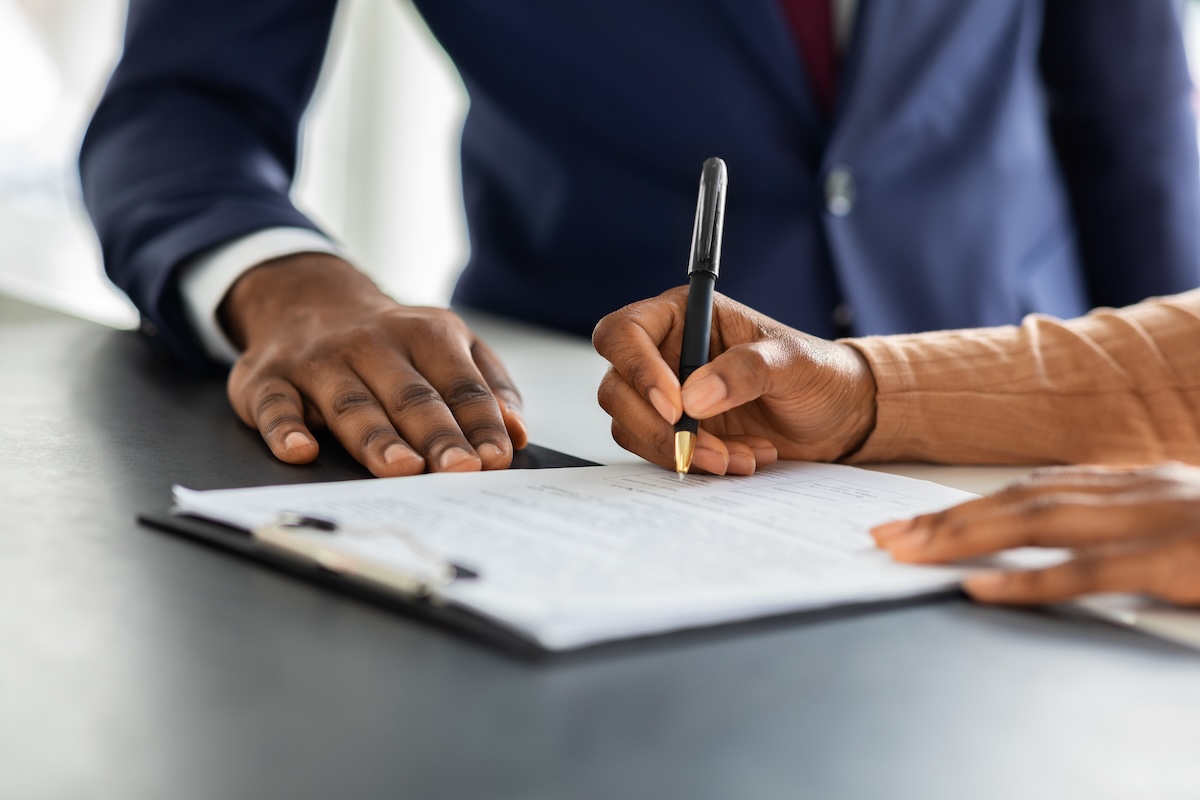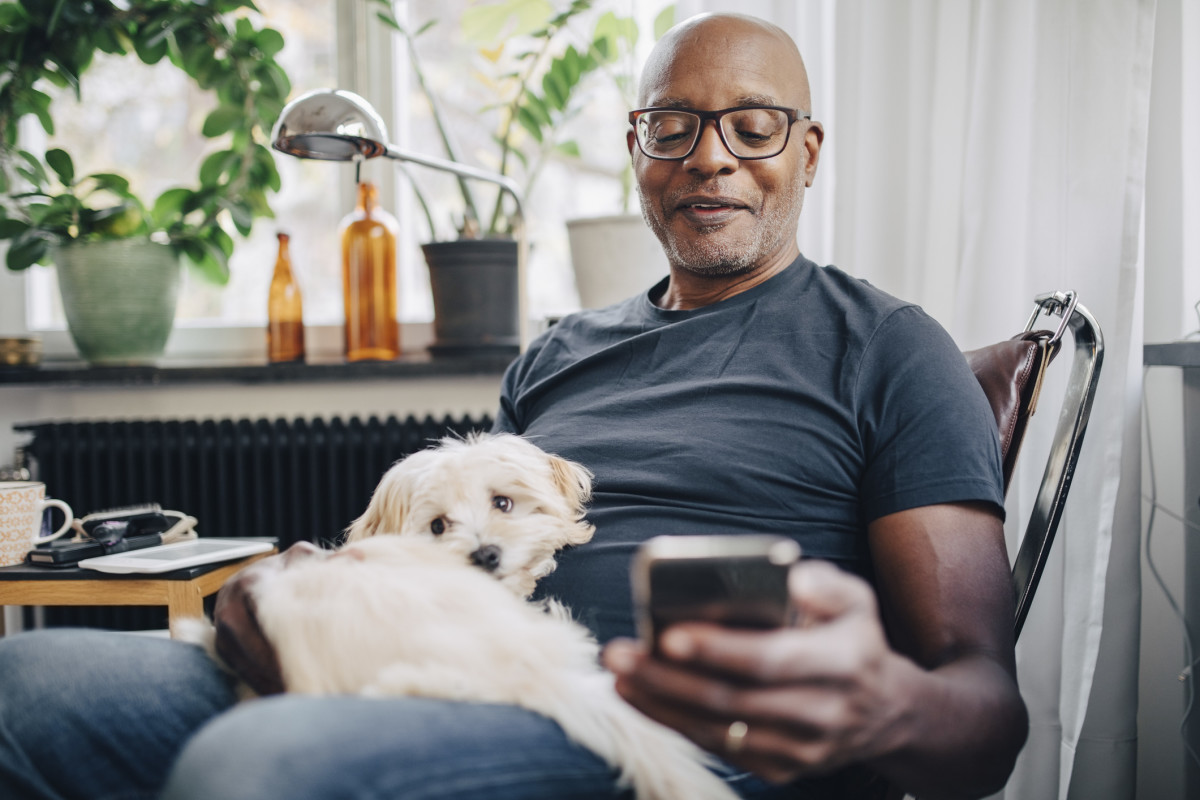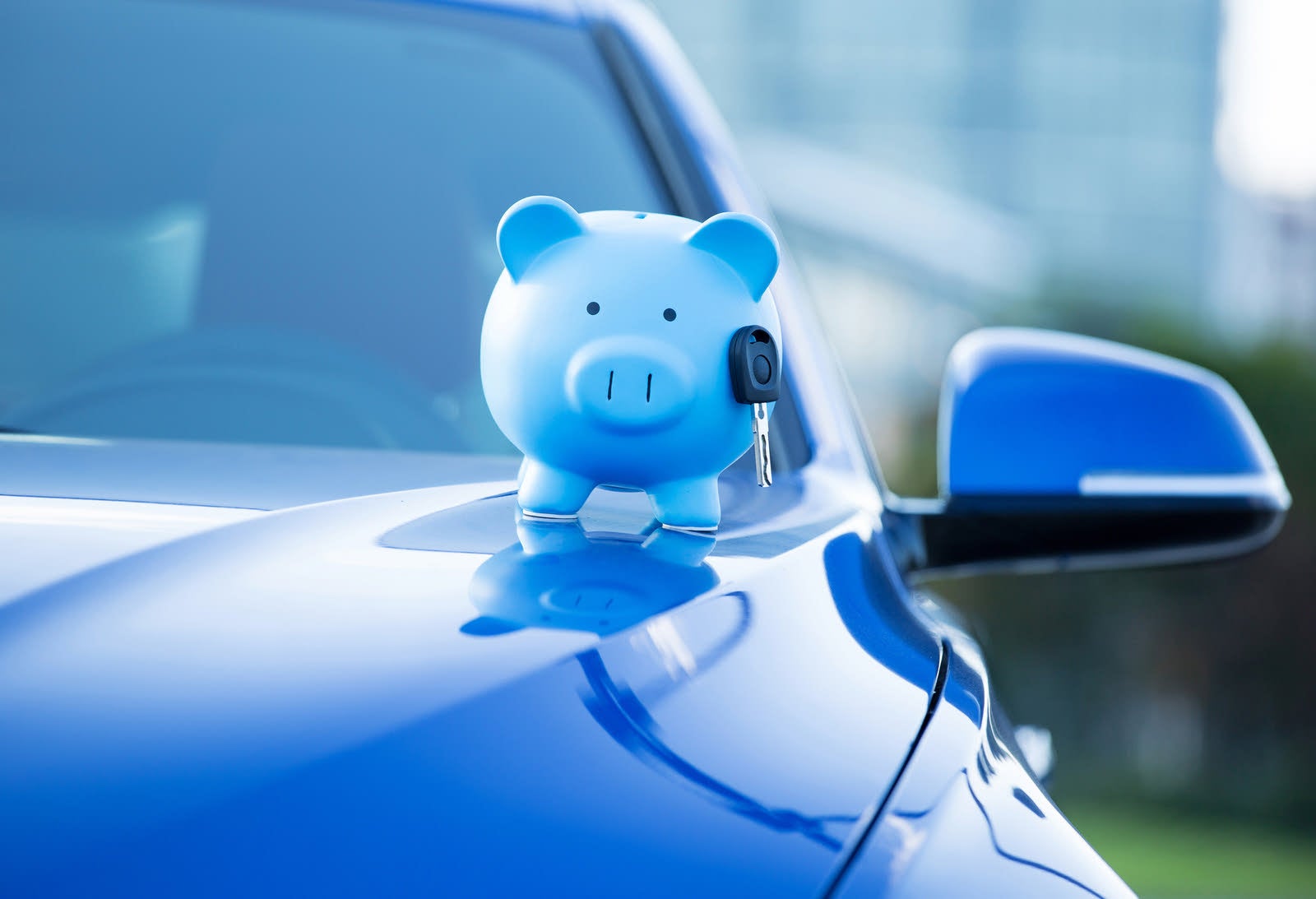If car buyers arrive at a dealership unprepared, they likely won't be able to buy a new vehicle or used car on the spot. That said, buyers don’t need to take a suitcase full of documents and tools, either.
Here’s a look at the basics that you’ll likely need to have with you when you go car shopping - which will be especially helpful if you are a first-time buyer. Most of these items will apply for both new and used vehicles.
When Buying a Car, What Should You Bring to the Car Dealership?
- What Documents Do You Need to Buy a Car?
- What Documents Do You Need to Finance a Car?
- What Documents and Items Do You Need to Trade In a Car?
- What Other Things Should You Bring to The Dealership to Make a Car Purchase?

What Documents Do You Need to Buy a Car?
Whether you’re paying cash or financing a car, you’ll need a few pieces of necessary paperwork.
-
A valid driver’s license. You must have a valid license, but it doesn’t have to display your current address or be from the state where you are purchasing the car. If you apply for financing, it will also be necessary for the dealer to verify your identity with your driver’s license in order to obtain your credit score.
-
Proof of car insurance. Before a car dealership allows you to test-drive or buy a car, you may need to show proof of insurance from your current vehicle.
You don't need to add your new car to your auto insurance immediately. You should do it within a few days of bringing it home. Either way, you will need an insurance card. It varies by state, but the grace period for adding a new vehicle to your insurance policy is as short as seven days or as long as 30 days. If in doubt, double-check with your insurance company - you might want to speak with your insurance agent anyway about the cost of this new vehicle according to your policy.
- A down payment. Unless you want to trade in a car that is worth more than the one you’re planning to take home, you’ll owe the dealer a form of payment. Some dealerships will accept a down payment with a credit card, while others may want a personal check or a certified check. Be sure to ask the dealership what they prefer.

What Documents Do You Need to Finance a Car?
To fill out an auto loan application at the dealership, you might need more documents. These are extra papers on top of the ones we discussed.
-
Proof of income. You may need to provide recent pay stubs from your employer.
-
Proof of residence. If the address where you live doesn’t match the one on your driver’s license, you will likely need some form of proof that you sleep where you say you do. This might be a utility bill or a lease agreement.

What Documents and Items Do You Need to Trade In a Car?
If you plan to swap your old car for a new (or new to you) car, you’ll need a few more things to complete the tradein:
-
Proof of registration in your name. The dealership needs to know that you can legally sell the car. If registration is not in your name, then the person listed needs to be present as well.
-
The car’s title. If you own the car outright, you will need to have an unsigned copy of the title in your possession.
Just like with vehicle registration, the title must be in your name unless anyone else listed on it is there with you. If the title has the word “or” between two names, you can likely trade it in without the other party present. When in doubt, ask the car dealer before you arrive.
- Loan and payoff documentation. If you have a loan amount on the car, you’ll need some paperwork from your lender. Use this handy guide as a resource.

What Other Things Should You Bring to The Dealership to Make a Car Purchase?
This is a tougher question to answer since what you should have with you will vary. Some items to consider include:
-
A screenshot or printout of the vehicle listing. To prevent dishonesty, bring the CarGurus ad for the vehicle with you. You can then confirm the car’s asking price as well as its Vehicle Identification Number (VIN). You don’t want to learn the hard way that the dealer has adjusted the purchase price upward while you’re out test-driving it! It may also be worth calling the phone number on the ad to verify the price with a salesperson before making the trip.
-
A pre-approval letter. Having a pre-approval letter for an auto loan from your bank or credit union can help you negotiate when buying a car, and is a signal to the salesperson that you are a serious buyer.
When you get pre-approved for a car loan, the dealer understands that you are a serious buyer. They also know your approval amount based on your credit history. This can give you an advantage in negotiating a better deal on the car as well as avoiding higher interest rates.
-
Current vehicle registration. If you are buying your next vehicle from the same automaker, your current registration will enable you to qualify for a loyalty discount. Check with the dealer about your eligibility for these programs.
-
A child seat. If you have young children who need a car seat, make sure to have it before you drive a car. This includes infant seats, booster seats, or any other necessary safety equipment for your child. You’ll want to make sure that it fits well in the car, that the accessibility to the Latch anchors is good, and that you are comfortable installing it on your own.
Having a pro double-check the seat before putting your child in it is always a good idea. Many hospitals and fire stations can confirm that you’ve installed the seat correctly.
- A shop towel and a flashlight. If you're considering buying a used car, make sure to inspect it carefully to avoid potential high maintenance costs later on.
Experts recommend getting a professional inspection before finalizing the car buying process. Even if you are not knowledgeable about cars, you may still be able to identify some issues on your own. A flashlight can be useful for looking under the hood for signs of fluid leaks, and a shop towel will keep you clean!
- A willingness to walk on the deal. You likely don’t have to buy the car in front of you. If something doesn't seem right - like the car, the loan terms, the total cost, or anything else - feel free to walk away without buying it.
When purchasing a car, you have the option to walk away from the deal before signing the contract. This applies to both dealerships and private sellers. You do not have to go through with the purchase until you sign the agreement. Carefully consider your decision before committing to buying the car.



